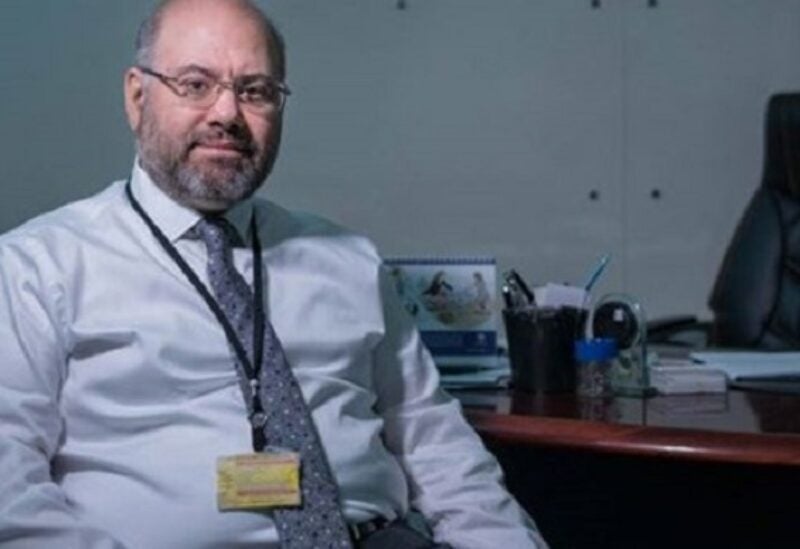
The Director of Rafik Hariri University Hospital (RHUH), Dr. Firas Abiad
The Director of Rafik Hariri University Hospital (RHUH), Dr. Firas Abiad, said on Friday that the recent Central Bank’s statement is a matter of concern, stressing that health is a basic human right.
“It is not surprising that the deep financial crisis we are going through has had a negative impact on health services in a country that imports more than 80% of medicines and medical supplies. However, this does not mean that the Central Bank’s statement yesterday regarding the continuity of subsidies and the impact of this on the suppliers’ delivery of (medical) equipment is less of a concern.”
“The Central Bank’s announcement that the consumption of medicines and medical supplies increased in the first months of this year compared to last year is not surprising. This is partly due to COVID-19, as hospitals and intensive care units have been filled with patients in unprecedented numbers.”
He also pointed out to other reasons for the shortage of medicines, citing “monopoly practices by suppliers and smuggling of subsidized medicines by some parties, which was previously uncovered by the media”.
“Therefore, the solution must include better local inspections to prevent monopoly as well as border controls, rather than reducing essential health services during the pandemic.”
“Resuming subsidies can constitute a quick and temporary solution, but it will not permanently fix the problem. Part of the solution will be the healthcare system’s adaptation to the new facts, but storing and smuggling (medicines) are neither the hospitals nor the patients’ fault. Health is a basic human right.”
On Thursday, Lebanon’s Central Bank said a system for importing subsidized medical goods could not be sustained without using its mandatory reserves and asked the relevant authorities to find a solution to the problem.
The country is in the throes of a severe financial meltdown and has been subsidizing medicine, fuel, wheat, and other basic goods since last year.
In a statement issued after caretaker health minister Hamad Hasan said he had visited the bank asking for the release of funds for essential medicines to no avail, the BDL said it would not dip into its mandatory reserves to cover the $1.3 billion cost of the subsidized medical supplies.
The statement said “this total cost that is required from the Central Bank as a result of a policy to subsidize these medical items cannot be supplied without touching mandatory reserves and this is what the board of the Central Bank refuses.”
Lebanon’s hard currency reserves have fallen alarmingly from more than $30 billion before the financial crisis hit the country in late 2019 to just over $15 million in March.